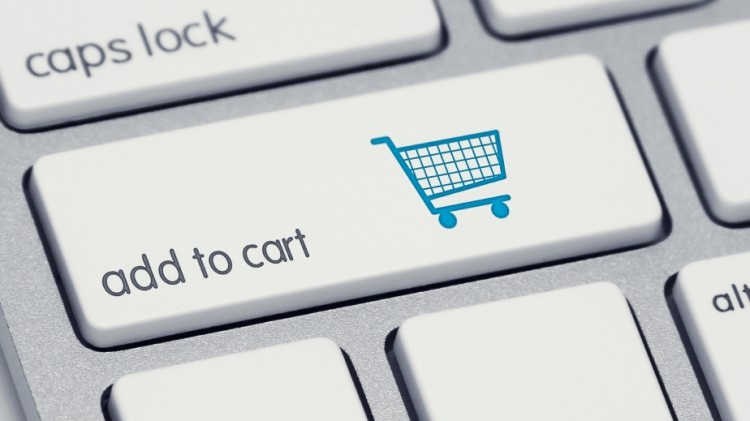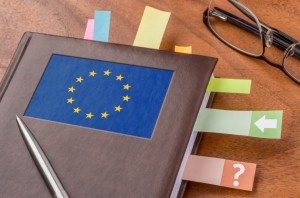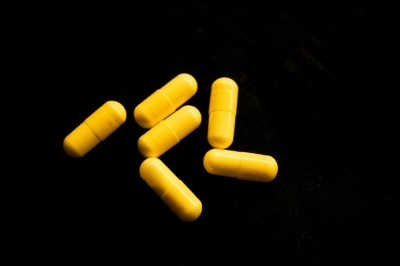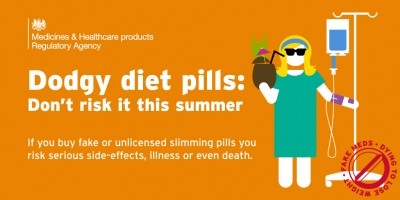How responsible is Amazon for the supplements sold on its sites?

In July a report from the European Commission highlighted the need for greater harmonisation on supplements in a time when commerce was going increasingly ‘E’.
This is necessary and would certainly make things easier for multinationals to conduct cross-border business legally.
But isn’t it also time that the likes of Amazon stepped up and took real pre-market responsibility for the products lining their virtual shelves? After all, the rest of its corporeal competitors have had to.
Last month Luxembourg’s ministry of health warned consumers not to buy a product containing 77 times the recommended daily dose of vitamin E – the ‘Vitamin E hochdosiert’ product was available on the German Amazon site where at the time it was listed as a number one bestseller.
We asked Amazon who was responsible for such supplement products ‘hosted’ on its site – Amazon or the third-party seller.
Amazon told NutraIngredients: “According to our Terms & Conditions, which are valid for all third party sellers selling on Amazon, it is not allowed to offer products that are violating legal provisions. If we get notified about specific products, we will immediately review and, if confirmed, remove items as well as approach our sellers to secure compliance with our T&Cs.”
Post-market approval
The supplement was removed that week from the German site after we flagged the issue – proof that Amazon is reactive, at least.
But does Amazon’s policy essentially constitute a US-style post market approval system and is this compatible with EU law or indeed a responsible strategy for a big retailer to take?
Amazon did not respond to further questions on pre-market vetting processes despite being contacted several times.
This isn’t the first time Amazon has had a run-in with member state authorities.
In March 107 unlicensed St John’s Wort products – promising results like “high quality depression relief” – were removed from UK Amazon following a joint investigation by the Health Food Manufacturers' Association (HFMA) and the UK’s Medicines and Healthcare Products Regulatory Agency (MHRA).
Amazon was also caught up in the dinitrophenol (DNP) scandal this year, the illegal toxic fat burner behind several tragic fatalities.
According to reports in British newspapers The Independent and The Times, Amazon UK sold an e-book instructing readers on how to use the industrial chemical for weight loss.
The link for the e-book, ‘DNP: The world’s best diet and weight loss pill’ by Elias Bickel, is now dead and the product appears to have been removed.
No green newbie
A quick search for supplements in ‘health and personal care’ on the UK Amazon site turns up 95,556 items for sale.
Founded in 1994, the US-based company now has separate retail websites for the US, UK and Ireland, France, Canada, Germany, Italy, Spain, the Netherlands, Australia, Brazil, Japan, China, India and Mexico.
According to the company, on its peak holiday season day in 2012 over 26.5 million items across departments were ordered worldwide – amounting to 306 items per second.
Amazon is no naive SME tangled up in the complicated web that is EU food law then. This is a truly colossal operation.
Yet despite its heavyweight retail status, the supplement products available on its site are littered with unauthorised health claims – fat burners, detoxes and superfoods – and as previously shown sometimes contain unauthorised ingredients or levels well above that established as safe.
Asked what responsibility an online retailer like Amazon had to uphold the law, Lara Skoblikov, partner at Food Compliance International, told us: “I think this is an extremely complex topic, involving not only EU food law, but also possibly criminal law, civil law and private international law (to determine the applicable jurisdiction).”
In terms of EU food law Amazon certainly should be one of the main parties responsible for compliance since it is a ‘food business’ in the sense it distributes the products.
“This principle is made clear in Recital (30) of the [Regulation 178/2002 on general food law], which states that ‘a food business operator is best placed to devise a safe system for supplying food and ensuring that the food it supplies is safe; thus, it should have primary legal responsibility for ensuring food safety’.”
However when it comes to civil or criminal liability, national laws usually require some sort of culpability for an act to be attributed to someone.
A hypothetical example: if someone were secretly putting poison in the foods in a supermarket, that person would be held criminally liable. But the liability of the supermarket would depend on whether it had failed to take reasonable measures to prevent such an incident and if the supermarket did not have prior knowledge of the crime it could not be held responsible.
“In the case of Amazon, which allows people to sell products using their infrastructure for display and payment, etc., without actually selling the products, civil and criminal responsibility is a complex issue and may be determined differently depending on national liability laws and the interpretation of national courts,” Skoblikov said.
“Especially when it comes to situations involving substantial risks to health, it cannot be ruled out that under some jurisdictions, Amazon would be considered to have a certain ‘duty of care’ and thus carry some responsibility for the products they enable others to sell through their website.”
One recent example of Amazon’s legal responsibility would be a US court ruling that Amazon may be held liable for seller’s IP violations, according to an article in Forbes.
“While Amazon notes that the item is ‘sold’ by a third-party vendor and ‘fulfilled’ by Amazon, the fact that the item is displayed on the amazon.com website and can be purchased through the same website, could be regarded as an offer for sale […].Likewise, looking at the website, a potential purchaser may understand that his or her assent is all that is required to conclude the deal. Indeed, the website notes the price, allows the buyer to choose a quantity, and allows the buyer to then conclude the purchase,” the court said.
It is important to note, however, that products sold on the non-EU country specific Amazon sites would not be covered by EU rules of food supplements since EU consumers are not specifically targeted.
EU law does not regulate imports of food supplements for personal consumption.
Within the EU though it seems things are fairly clear: with great profit comes great responsibility and Amazon must take greater responsibility for the products it allows to be sold on its sites. Better it does this on its own terms before enforcement agencies force its hand.


















